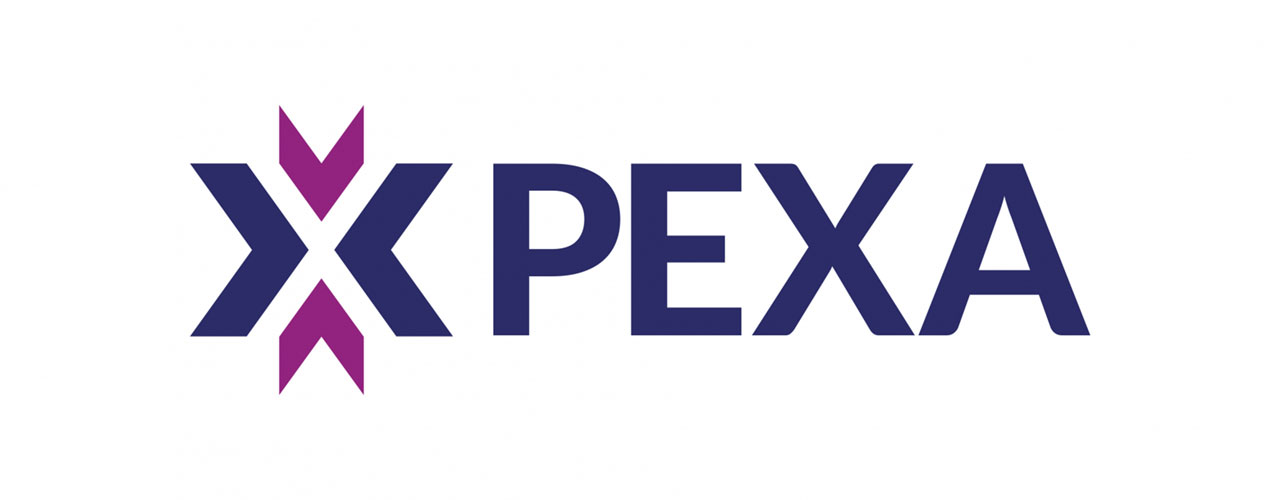
Electronic Conveyancing-Efficient Transactions
In the realm of property transactions, the digital age has ushered in a new era of efficiency and convenience with electronic conveyancing. This revolutionary method simplifies the process of transferring property titles, eliminating the need for manual paperwork and reducing the time it takes to complete transactions. In this article, we will delve into the intricacies of electronic conveyancing, explore the electronic conveyancing mandate in Queensland, discuss the rules governing this practice, highlight Sunstate as the best online conveyancer, and provide a comprehensive understanding of how electronic conveyancing works.
What is Electronic Conveyancing?
Electronic conveyancing refers to the digitalization of the property transfer process. Traditionally, conveyancing involved a substantial amount of paperwork, including contracts, title deeds, and financial documents. With electronic conveyancing, these documents are converted into electronic form, allowing for secure and efficient transactions.
The Mandate for Electronic Conveyancing in Queensland
In Queensland, the mandate for electronic conveyancing was introduced to streamline property transactions and bring about greater efficiency. The mandate requires all conveyancers, solicitors, and financial institutions involved in property transactions to utilize electronic conveyancing platforms for all eligible transactions. This shift towards electronic conveyancing ensures a standardized and secure process for property transfers.
Understanding Electronic Conveyancing Rules
To ensure the smooth operation of electronic conveyancing, specific rules and guidelines have been established. These rules govern various aspects of the process, including the verification of identities, financial settlement, lodgement of documents, and the role of electronic lodgement network operators (ELNOs). The rules provide a framework that protects the interests of all parties involved and ensures the integrity of the transaction.
Sunstate: Your Best Online Conveyancer for Electronic Conveyancing
When it comes to electronic conveyancing, Sunstate emerges as the premier online conveyancer. With a wealth of experience and a commitment to excellence, Sunstate offers a seamless and reliable electronic conveyancing service. Their team of experts navigates the intricacies of the process with utmost precision, providing clients with peace of mind and a hassle-free experience. By specialising in using the program PEXA, for all electronic settlements, Sunstate offers peace of mind to their clients knowing they are in good hands.
How Does Electronic Conveyancing Work?
Electronic conveyancing involves several key steps that facilitate a successful property transfer. Let’s walk through the process:
Preparation: The conveyancer collects and prepares all necessary documents and information, including the contract of sale, verification of identity, and financial details.
Verification of Identity: Each party involved in the transaction undergoes a thorough verification process to ensure their identity and protect against fraud.
Financial Settlement: The financial aspects of the transaction are coordinated through the electronic conveyancing platform. This includes the transfer of funds and the calculation of adjustments, such as taxes and fees.
Lodgement of Documents: Once all conditions are met, the conveyancer lodges the necessary documents, such as transfer of ownership, with the relevant authorities through the ELNO.
Registration and Settlement: The title and ownership are transferred electronically, and the settlement is finalized. The buyer becomes the legal owner of the property, and the transaction is complete.
FAQs about Electronic Conveyancing
FAQ 1: What are the benefits of electronic conveyancing?
Electronic conveyancing offers numerous benefits, including:
Increased efficiency and speed in completing transactions.
Reduced paperwork and associated costs.
Enhanced security and reduced risk of fraud.
Streamlined communication between parties involved.
FAQ 2: How secure is electronic conveyancing?
Electronic conveyancing platforms employ robust security measures to protect sensitive information and transactions. Encryption, authentication protocols, and strict access controls ensure the integrity and confidentiality of the data involved.
FAQ 3: Are there any risks associated with electronic conveyancing?
While electronic conveyancing minimizes many risks associated with manual processes, like lost documents or human errors, it is not entirely risk-free. Cybersecurity threats and technical glitches can pose challenges. However, established platforms and professional conveyancers take proactive measures to mitigate these risks.
FAQ 4: Can electronic conveyancing be used for all types of property transactions?
Electronic conveyancing is suitable for most types of property transactions, including residential, commercial, and vacant land. However, certain complex transactions involving unique circumstances may require additional considerations.
FAQ 5: How long does an electronic conveyancing process take?
The duration of an electronic conveyancing process depends on various factors, such as the complexity of the transaction and the responsiveness of the involved parties. Generally, electronic conveyancing facilitates quicker transactions compared to traditional methods.
FAQ 6: What happens if there are issues during the electronic conveyancing process?
In the event of any issues or complications during the electronic conveyancing process, professional conveyancers and the electronic conveyancing platform work together to resolve them. Open communication and prompt action ensure that the transaction progresses smoothly.
Electronic conveyancing has revolutionized property transactions, offering a streamlined and efficient alternative to traditional conveyancing methods. With the electronic conveyancing mandate in Queensland and the rules governing this practice, property transfers have become more secure and transparent. Sunstate stands out as the best online conveyancer, providing top-notch expertise and personalized service. By understanding how electronic conveyancing works and addressing common FAQs, property buyers and sellers can navigate this innovative process with confidence and ease.
This is general advice only, for specific legal advice speak with your legal representative.




